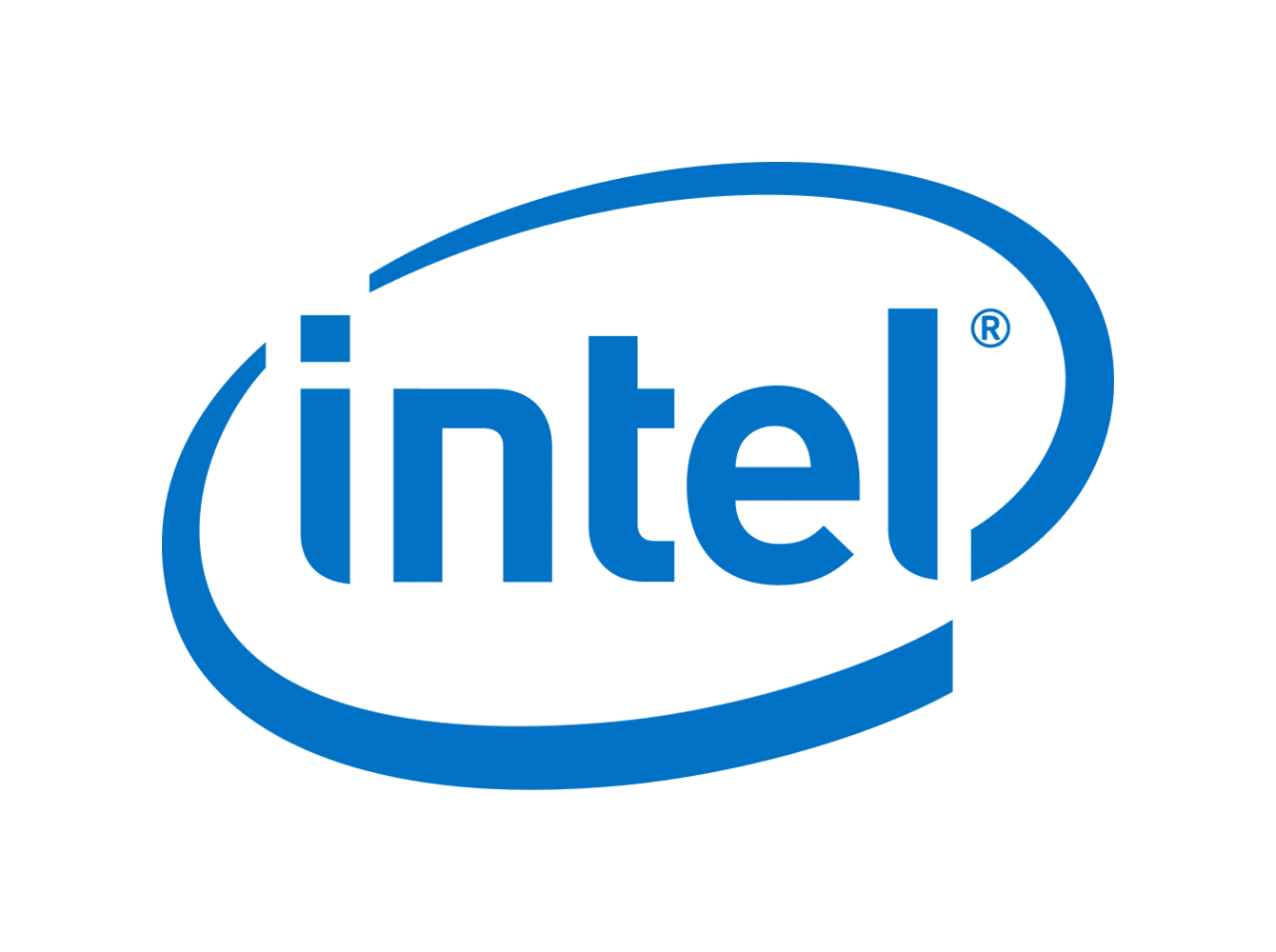

Mate I’m still riding (or dying) with my 4700K! On my third motherboard for it, but they’re super cheap now.
And yes I’m probably going to be skipping LGA1700 (as well as LGA1200). Unless you count laptops then I’ve got a 6th Gen and looking at adding an 8th Gen.
Yeah, even the Nikon 50mm 1.4D vs the 50mm 1.4G the difference in image quality is night and day. The D is also tiny compared to the G. Unfortunately, it’s a somewhat immutable fact of physics that good quality optics are big and heavy.